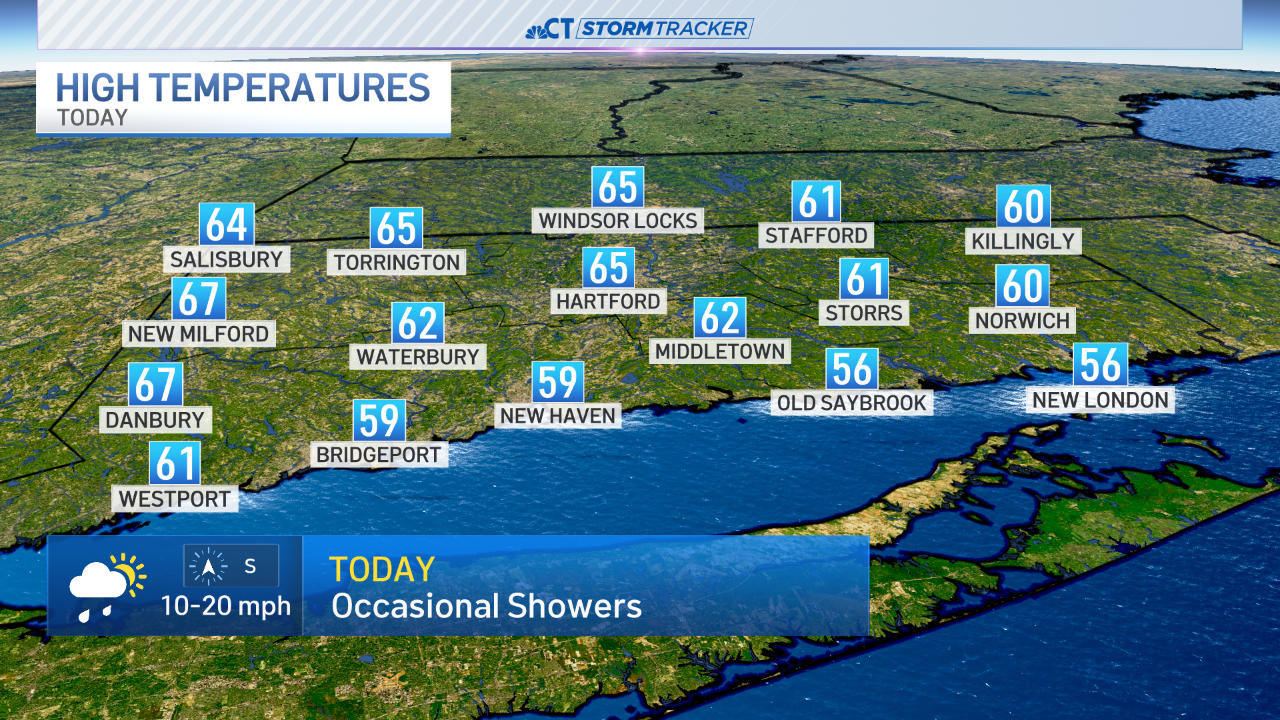An opinion released by state attorney general George Jepsen on Thursday could mean plans for an East Windsor casino are up in the air once again.
Attorney General George Jepsen provided uncertainty for the East Windsor casino project being pursued by the state’s two tribes and provided a glimmer of hope for MGM as it pursues a Bridgeport development.
The update came in a testimony provided to the Public Safety and Security Committee in the Connecticut General Assembly as it considered legislation on both the East Windsor casino and future of casino gambling, as well as sports wagering.
The most-watched measure would repeal the law that allowed the Mohegan and Mashantucket Pequot tribes to build a casino in East Windsor, while also creating a new Request for Proposal (RFP) process for a new casino altogether. That bill has been aggressively pursued by MGM.
Jepsen wrote that the legislation "would not run afoul of our existing agreements with the tribes."
Later in his message to lawmakers, he hedged, providing a differentiation between allowing for a RFP process and opening a new casino off tribal land, writing that the tribes' respective agreements with the state "shall continue so long as no change in State law is enacted to permit the operation of video facsimiles or other commercial casino games by any other person and no other person within the State lawfully operates video facsimile games or other commercial games."
Rep. Joseph Verrengia, who chairs the committee said the fact that the Bureau of Indian Affairs, hasn’t yet approved the East Windsor casino is also an issue, that makes the repeal of the effort seem like a plausible option to some lawmakers.
"I think the open competitive process and the repeal of the East Windsor bill may very well come out at the committee level. What happens after that, I’m not sure," Verrengia said.
Local
Sen. Cathy Osten represents the district that includes the two casinos and many of their employees. She was and remains one of the loudest voices in favor of the East Windsor casino and said the attorney general’s opinion should not be considered by lawmakers.
"I don’t think we need an opinion from the attorney general," Osten said. "I think we need to honor the process that we have been involved in in the past two years."
NBC Connecticut reached out to MMCT, the entity created by the two tribes to operate the East Windsor casino, and a spokesman said the group was still reviewing Jepsen’s testimony.
Verrengia said the testimony provides an option for some lawmakers who feel the state should consider a different path for future gambling.
"The bigger issue is which bill puts Connecticut in the best place for jobs and revenue," Verrengia said.
On the issue of sports gambling, Jepsen warned that lawmakers could jeopardize the compact with the tribes if they don’t negotiate with them possible regulations.
A case before the United States Supreme Court could decide whether states are allowed to regulate sports gambling, an unprecedented expansion.
Jepsen cautioned that the legislature should "consider carefully a number of factors before legalizing sports wagering."
He went on to say a law allowing for sports wagering could jeopardize the MOUs if the tribes are not involved, and continued, writing that if a court concluded that it does constitute a commercial casino game "the Tribes could cease making payments to the State," under their compacts.
In a statement, Mohegan Tribe Chairman Kevin Brown wrote, "we look forward to leading the way alongside the state in this potential new market."



